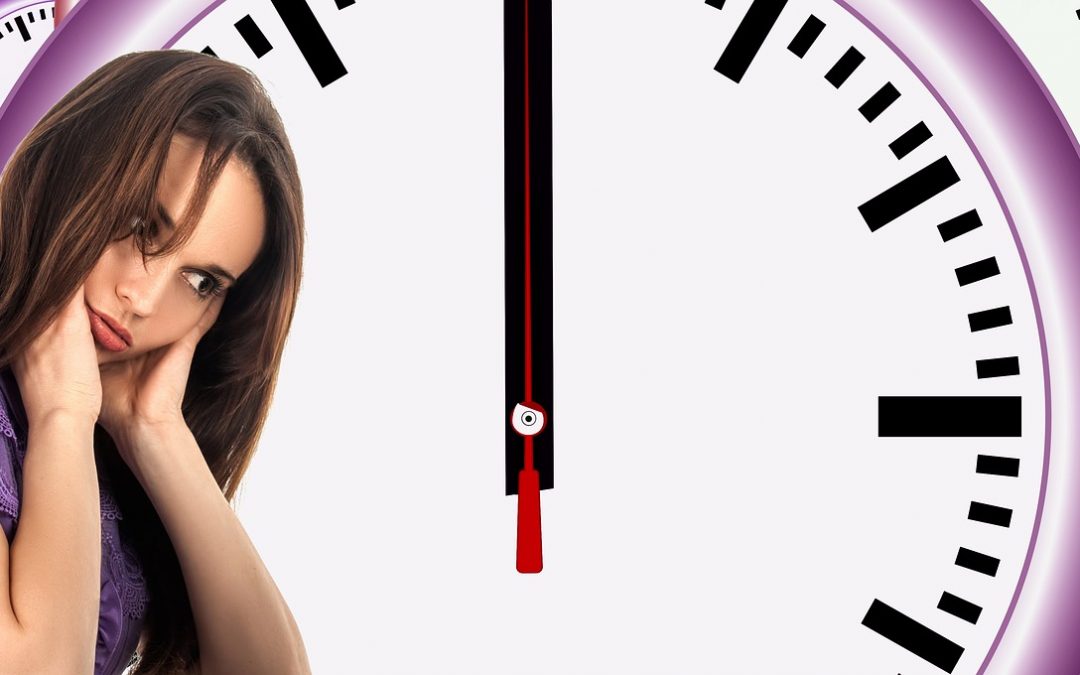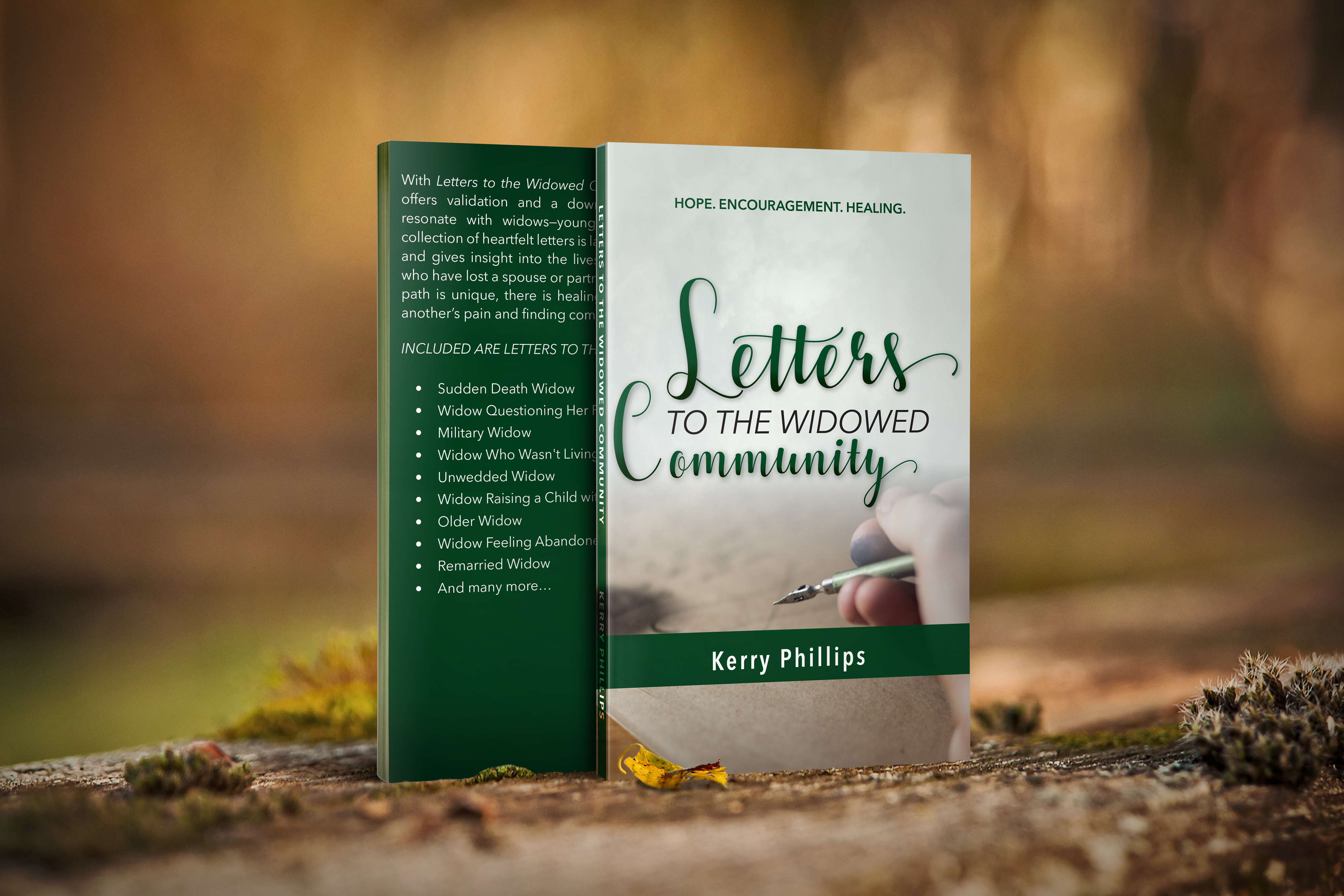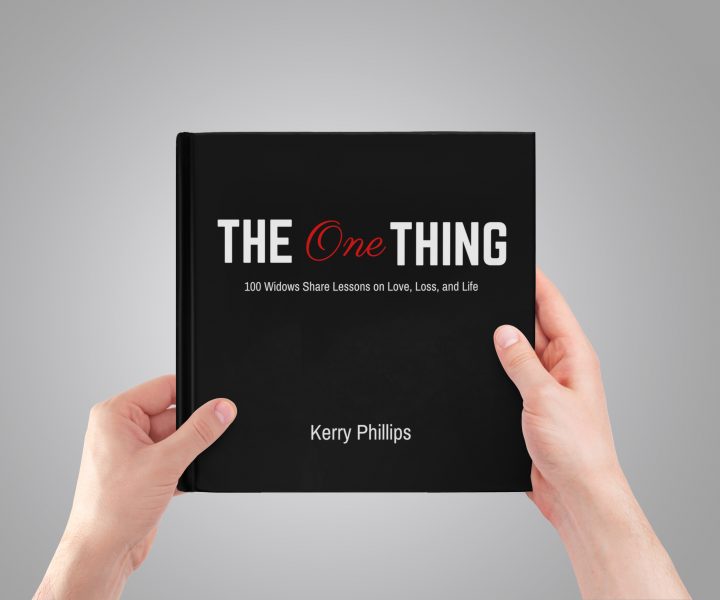Ask anyone who is widowed and they will tell you they’ve gotten no shortage of advice – from family, friends, in-laws, other widows and widowers, and some people not even qualified to give a dog a command.
But how do you know what’s fact and what’s fiction? How do you know which advice to take to heart and which one to leave right where you heard it? When you lose a spouse or partner, it’s easy to become discombobulated – our entire world gets flipped upside down, shaken, and stirred. That, combined with “widow brain,” can leave us questioning our own sanity.
First, please know there is “no one size fits all” rule when it comes to grief or widowhood. While there may in fact be some guiding principles, nothing is set in stone. The timeline that worked for one group of widows, created havoc for another group. What one group says caused a setback for them, catapulted another group to a new phase of healing. Grief is like that. Sometimes you have to forego the “rule of thumb” to carve your own path. And, if you require a custom plan, don’t feel bad. There is no one set road to surviving widowhood. There are many paths to healing.
ADVERTISEMENT
One of the most often-repeated advice I’ve seen and heard is that Year 2 is worse than Year 1. For many, that is absolutely a fact. The numbness may have worn off and the widow is faced with the sad reality that her husband isn’t coming home. She may have been so busy dealing with the estate, notifying friends, college classmates, etc., that she was in a constant state of motion. Now that much of that is behind her in Year 2, the actual loss and its finality becomes front and center.
Please know that this is not true of all widowed people. There are some people that Year 1 was rock bottom. The numbness wasn’t enough to dim the magnitude of their loss. In Year 2, they may have found peace because Year 1 brought some level of acceptance. Their Year 2 is focused on rebuilding and that may even include dating.
If Year 2 isn’t worse than Year 1, please don’t think that you’re widowing wrong. If you interview 100 widowed people, you may get at least 60 different responses as to which year was worse. For me, my Year 2 wasn’t necessarily the worst year. Yes, the reality set in that my husband was never coming back, but my sadness seemed to multiple when I started dating close to the Year 4 mark. The more serious I became with my new guy, the more my grief flared up. The realization that most everyone I met from that point on would know us – not me and my husband – was heartbreaking. Having people know this love story and not the one I shared with my husband broke me to my core. And, since grief is an individual process, my struggles may not reflect those of another widow. Meeting a new guy and falling in love may have aided her healing. Remember, grief is not monolithic.
ADVERTISEMENT
Another bit of advice I see in my widowed circle is that newly widowed people shouldn’t make any major decisions within the first year of losing a spouse or partner. It absolutely sounds like great advice and for many it is. We may be so overwhelmed by our loss that we act out of fear, loneliness, sadness, etc. We may go into panic mode and make life-altering decisions that we ultimately regret once the grief fog begins to dissipate.
It’s important to do a true self analysis before making any decisions – and that goes for any point in widowhood. If youre unsure if you can trust yourself, consider bouncing your idea off a trusted friend, therapist, financial adviser, etc. Know that some widows and widowers have made major decisions within the first year of widowhood and have absolutely no regrets.
Yes, it may have been difficult to uproot the children and move in with their parents, but they realized early on that they needed that extra support. Their kids needed to have someone step in to provide added stability. There are some widows like myself who moved forward with creating a new life – alone – within the first year of widowhood and have zero regrets.
You don’t have to hold yourself to an arbitrary timeline if you feel ready to make the decision and trust that you’ve weighed the pros and cons. While not making a major decision in the first year may be best for the vast majority of widows, it is not applicable to every widowed person. If you want to relocate, change careers, adopt a shelter dog, etc., go for it!
ADVERTISEMENT
Another one you may have heard – though typically not from other widowed people – is that you’ll have to be “over” your spouse before you start dating. You know as well as I do that there is no “getting over” the love that we shared with a spouse. Even if the relationship was rocky, the love remains.
You don’t have to let go of that love in order to date. You don’t have to pretend the last 2, 5, 20, 40 years of your life didn’t exist. You can still grieve your spouse yet want companionship…yet want love…yet want a new marriage.
Please know that love for your late partner and a new love can coexist. Giving up one to get the other is not a requirement. If you believe that you have to wait to stop loving your husband or wife to date, then prepare to be alone forever.
The right man or woman will understand your love isn’t a switch you just flip to “get over” a spouse. The person worth having in your life will acknowledge the magnitude of your loss and allow it space in the relationship – whether through talking about your spouse, keeping memories alive for your children, or maintaining relationships with your in-laws.
Remember, the heart expands. You can love both your deceased spouse and a new partner, taking nothing away from either. Please don’t ever feel you have to make a choice in order to adjust to society’s timelines and rules. Follow your heart and do what brings you happiness and joy.
Grief is NOT a mumu. It’s not one size fit all!
Kerry runs a support group for young widows and widowers venturing back into the world of dating and is a contributor to Open to Hope. She is the author of “Letters to the Widowed Community” and “The One Thing: 100 Widows Share Lessons on Love, Loss, and Life.” Her articles on widowhood and grief have been featured in HuffPost and Love What Matters. She’s also the host of the Young, Widowed & Dating podcast.




